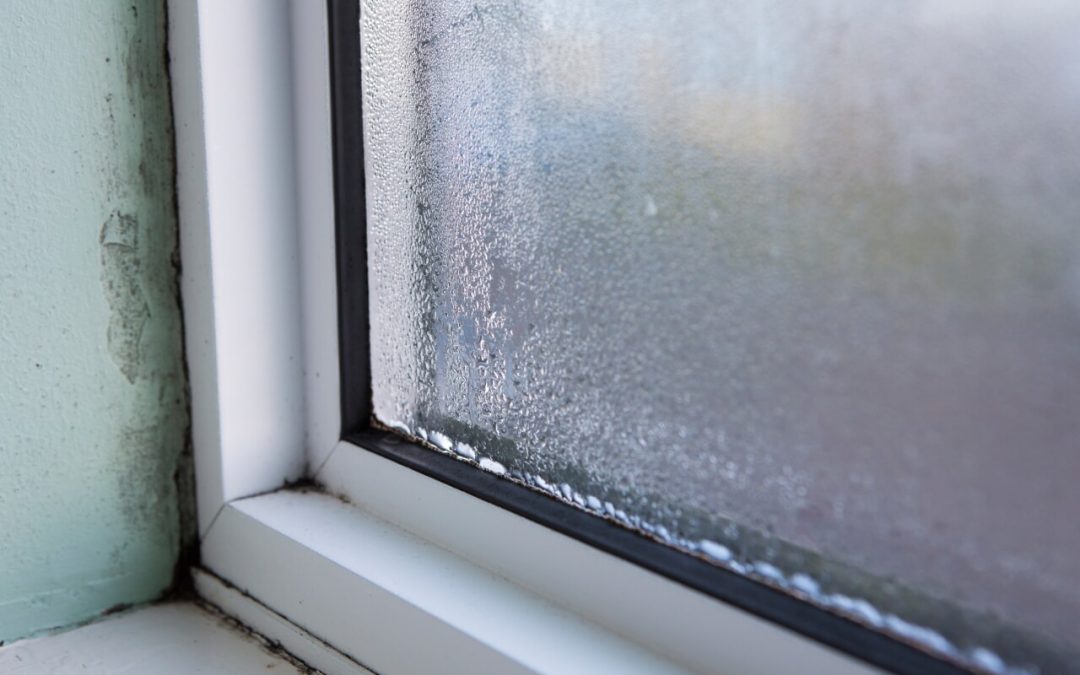If you notice black spots on the wall, under the sink, or on the grout of your shower and tub, that’s mold. Mold can grow just about anywhere with moisture. Mold in the home is not only unsightly, but it can damage your property and affect your health.
Learn About the Signs of Mold in the Home
Visible mold is not the only sign that you have mold in your home. Here are some other indicators of mold growing in the home.
Water Damage
If the source of water damage in the home is not addressed, it will lead to mold. Mold needs moisture to grow. If you’ve had a flood or a burst water pipe, dry and repair the area right away. A leaky pipe behind a wall or under a sink creates conditions conducive to mold growth.
High Humidity Can Cause Mold in the Home
High levels of moisture in the air causes condensation and encourages mold in the home. A dehumidifier will help reduce the humidity levels in the house.
Rust Spots
Excess moisture can cause rust around your home. If you notice rusty pipes or metal surfaces, you have a greater chance of developing mold problems in your home.
Warped Drywall
Drywall and wood will warp under exposure to moisture. High humidity or leaky pipes can contribute to warped wooden surfaces. If you notice warped walls or doors that no longer shut properly, this can mean that the conditions are right for mold in the home.
Condensation
Condensation potentially leads to a mold problem. After a bath or shower, run the vent fan for at least 15 minutes. Use the exhaust fan while cooking. When the weather allows, open your windows to encourage airflow throughout the house. Don’t push your furniture against the walls because it hinders airflow and promotes condensation.
Peeling Paint and Wallpaper
Moisture problems can cause paint and wallpaper to bubble or peel. Keep an eye out for flaking or peeling paint as an indication of moisture in the home.
Musty Odors Indicate Mold in the Home
If you smell a musty odor in your home, it is a sure sign of mold growing somewhere. You may be able to track down the source of the mold by paying attention to areas of the home where the smell is most noticeable.
Mold in the Home Contributes to Health Issues
Indoor mold can affect your health. Exposure to mold may be experienced as flu-like symptoms and allergies like itchy, watery eyes, sneezing, sore throat, runny or blocked sinuses, headaches, and fatigue. Younger children, people with respiratory issues, and the elderly are more likely to have reactions to mold, though exposure can negatively affect anyone.
Rhode Island Real Estate Inspection Services provides home inspections to all of Rhode Island. Contact us to request an appointment.

